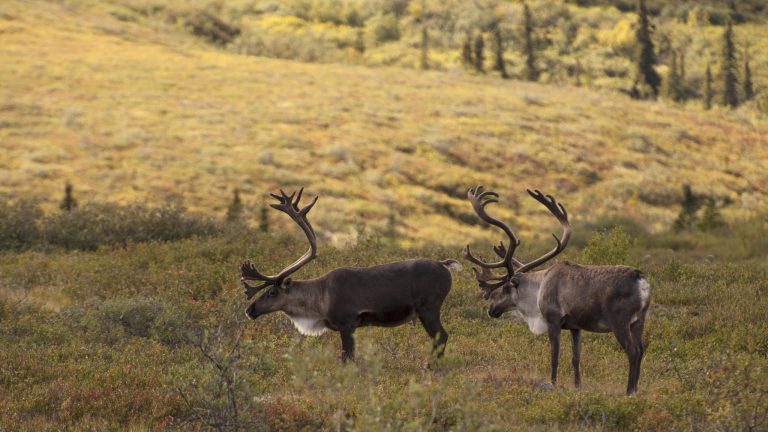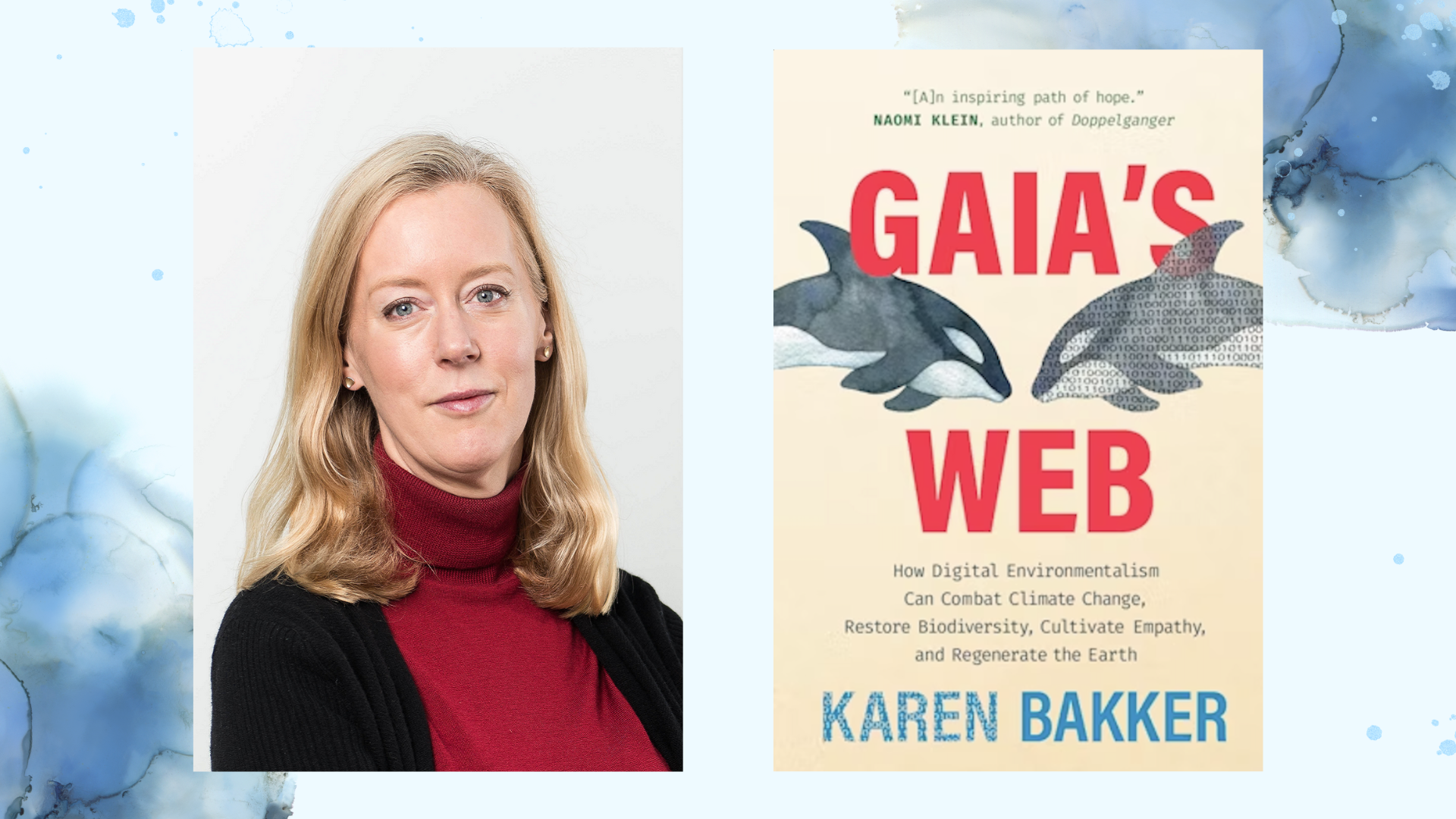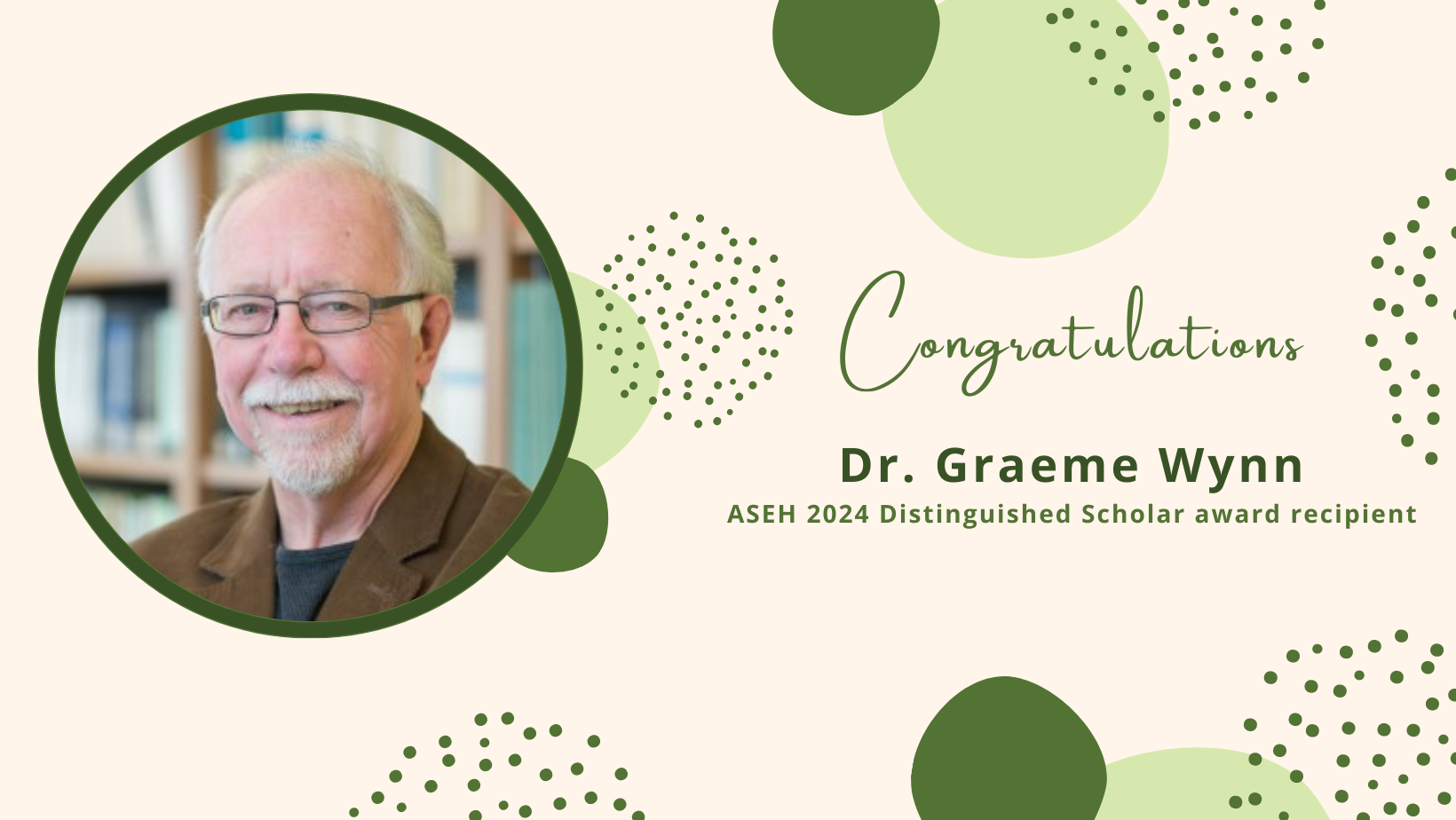Active oil and gas wells are present in the critical habitat of endangered woodland caribou across British Columbia, and over half of these are run by companies receiving publicly-funded royalty credits, according to initial findings from students at UBC Geography.
Co-authored by masters students Adriana DiSilvestro, Audrey Irvine-Broque & Yardain Amron, the study is believed to be the first of its kind to draw a spatial connection between two of British Columbia’s largest oil and gas royalty credit programs and federally designated critical caribou habitat (CCH).
“Given that oil and gas activity is a known contributor to woodland caribou declines, it’s clear that the province is using public funds to support extremely contradictory aims. Throwing money at caribou recovery efforts while simultaneously propping up an industry that is a major threat to biodiversity is massively unproductive, from both an economic and conservation standpoint,” says DiSilvestro.
Presented in an accessible Story Map format that is aimed at a non-specialist audience, the study’s findings show that there are 3,114 active oil and gas wells within CCH in B.C. Of these, 1,678 wells are run by companies that have received assistance from the Deep-well Royalty Program, and/or Infrastructure Royalty Credit Program/Clean Infrastructure Royalty Credit Program in the past 3 years. This is a fact that runs counter to BC’s stated commitments to caribou habitat recovery, and to the aims and objectives of the federal Species At Risk Act.
The presence of this number of active wells in federally designated critical caribou habitat alone is highly consequential. Add to this the discovery that over half of these wells are run by companies that have received publicly-funded royalty relief, and these findings become extremely timely, given the current provincial review of oil and gas subsidies, which will open for public comment soon.
In addition, the project links these subsidies to the ongoing fight against violations of First Nations Treaty Rights, drawing from the recent B.C. Supreme Court ruling on the cumulative effects of oil and gas development in Treaty 8 lands. The findings suggest that the ongoing public-sponsored decline of caribou via these royalty credit programs also run counter to any meaningful effort by the province to uphold First Nations right to sustained caribou harvest.
“Climate change, biodiversity loss, and Indigenous rights were key issues for Canadians in the most recent federal election. This research shows how all of these issues are connected and indeed made worse by government policies that incentivize oil and gas development,” says associate professor Jessica Dempsey, who supervised the project.
The students are hopeful that their work will help identify how public subsidies are perpetuating the biodiversity crisis, as well as who benefits from such policies, but caution that more work of a similar nature is essential in order to hold the government accountable to its stated climate and biodiversity commitments, as well as its public spending.
The project is now moving towards formal journal publication, but has already caught the attention of readers at CBC, The Narwhal and Pique News.



